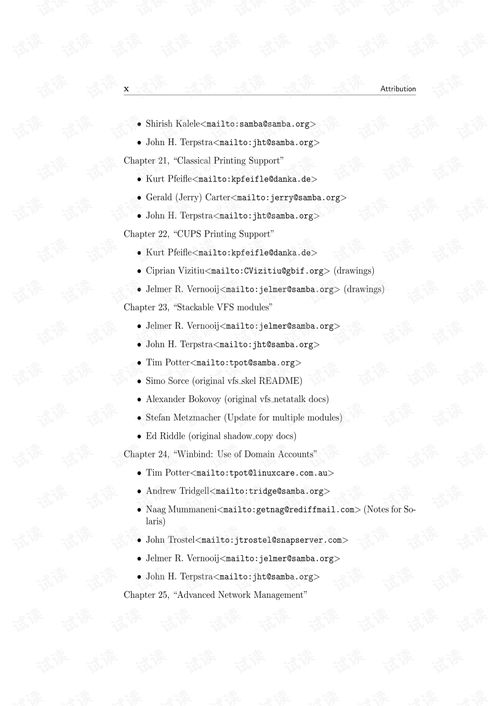Understanding Quick Money Scams

Quick money scams are alluring propositions that promise fast and easy profits. However, these scams are often fraudulent and can lead to significant financial loss. In this article, we will delve into the various types of quick money scams, how they operate, and how you can protect yourself from falling victim to them.
Common Types of Quick Money Scams

There are several common types of quick money scams that you should be aware of:
| Scam Type | Description |
|---|---|
| Pyramid Schemes | These schemes promise high returns for recruiting new members. Participants are encouraged to recruit others, creating a pyramid-like structure. Eventually, the scheme collapses, leaving many participants without any money. |
| Investment Scams | Scammers promise high returns on investments in fake or non-existent companies. They often use high-pressure tactics to convince victims to invest quickly. |
| Phishing Scams | Scammers send fraudulent emails or messages that appear to be from legitimate organizations. They trick victims into providing sensitive information, such as login credentials or credit card details. |
| Work-from-Home Scams | These scams promise high-paying jobs that can be done from home. However, the jobs often require victims to pay for training or equipment, which they never receive. |
How Quick Money Scams Work

Quick money scams typically follow a similar pattern:
-
The scammer approaches you with a promising opportunity, often through an email, message, or advertisement.
-
They create a sense of urgency, convincing you to act quickly to secure the opportunity.
-
They ask for personal or financial information, or for you to make an upfront payment.
-
Once you provide the information or make the payment, the scammer disappears, leaving you with no money and no opportunity.
Protecting Yourself from Quick Money Scams
There are several steps you can take to protect yourself from falling victim to quick money scams:
-
Be skeptical of any offer that sounds too good to be true. If it seems too good to be true, it probably is.
-
Do your research on the company or individual offering the opportunity. Check their reputation, reviews, and contact information.
-
Never provide personal or financial information to someone you don’t know and trust.
-
Be cautious of high-pressure tactics. If someone is pressuring you to make a quick decision, take a step back and reconsider.
-
Report any suspicious activity to the appropriate authorities.
Conclusion
Quick money scams can be tempting, but they often come with a high price. By understanding the types of scams, how they operate, and how to protect yourself, you can avoid falling victim to these fraudulent schemes. Always remember to be cautious and do your research before investing your time or money.


